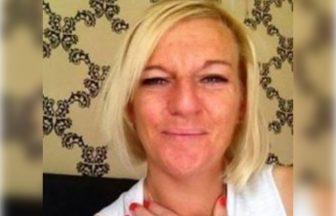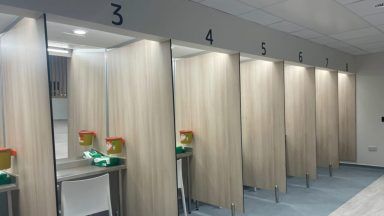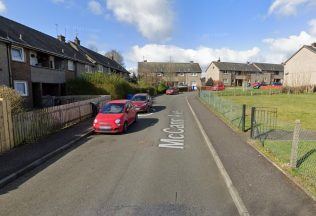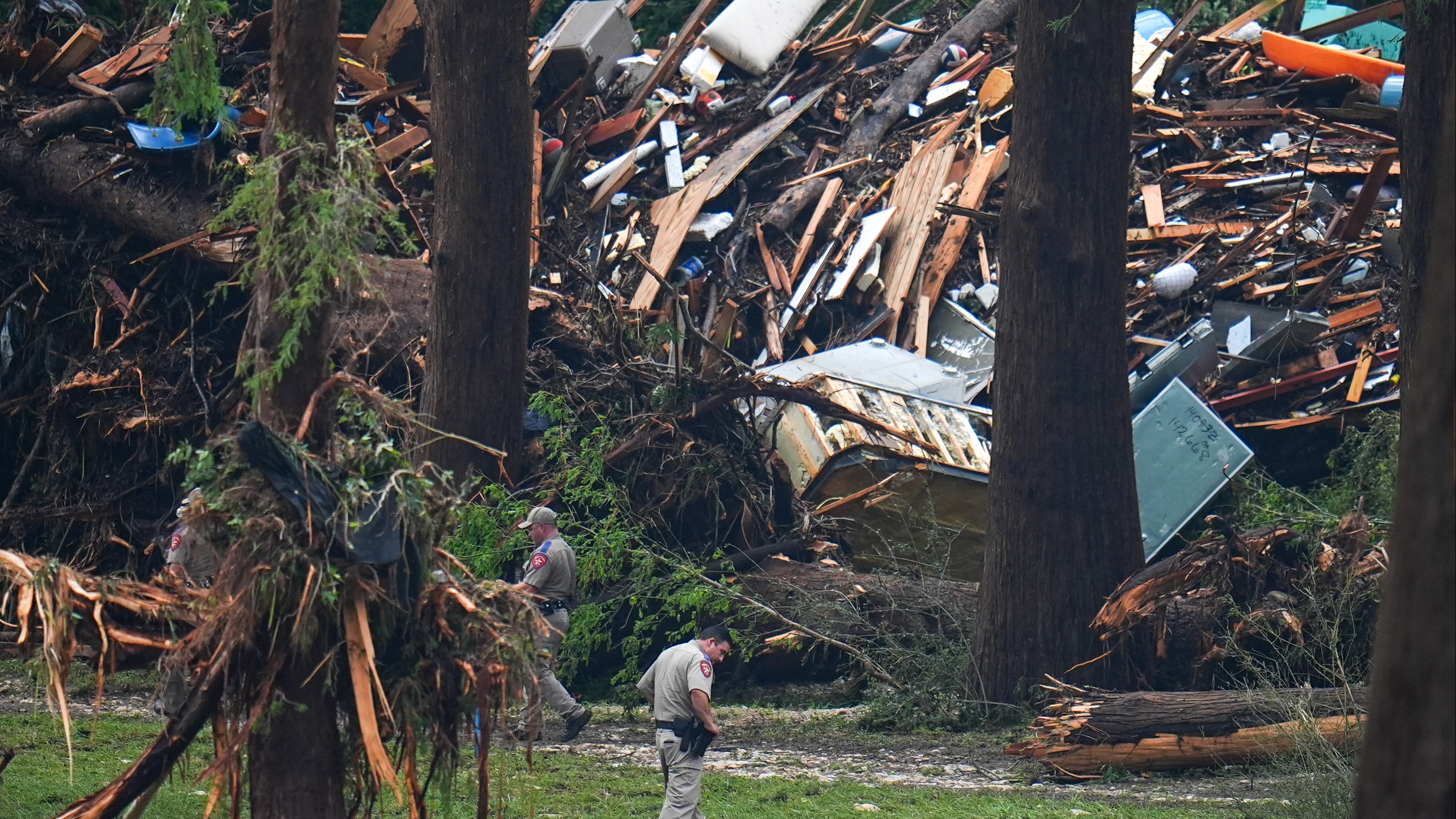Residents at a care home where 15 people died from Covid-19 did not receive the pain medication they needed when they were dying because of “incompetent” nursing staff.
Inspectors said that nursing staff at Thornlea Nursing Home in Loanhead, Midlothian, failed to recognise when people were becoming unwell or dying and, as a result, did not act quickly enough.
There was not enough end-of-life medicine available to ensure people were as comfortable as they should have been in their final days.
Inspectors also described finding the home’s 27 residents self-isolating in their rooms, many very unwell, without checks being carried out on their condition.
Personal protective equipment (PPE) was being stored on cluttered trolleys next to open bags of clinical waste which would contaminate them and bags of waste were piled up in a bath.
The home, which the Care Inspectorate took to court in December to suspend its licence after carrying out the unannounced inspection, has now closed.
In total, 15 residents were reported to have died from Covid.
Following the inspection, the home was given the lowest grade – one – for its care of residents during the pandemic.
The inspectors’ report, which was released this week, said: “There was a lack of observations including temperature checks, pulse rates and oxygen saturation checks.
“The failure to undertake these essential observations and respond appropriately meant people who were ill were not experiencing the care and treatment they needed.
“This included medication not being reviewed, the need for end-of-life care not being recognised, and people’s experiences of care at the end of their life may have been compromised as a result.”
The report slammed staff at the nursing home for not recognising the needs of ill or dying residents.
It said: “We had significant concerns about the competency of the care home’s nursing staff.
“This was because they failed to recognise when people were becoming unwell or were dying, and did not react quickly enough to manage pain or people’s symptoms as a result.
“For example, it was not until a local Health and Social Care Partnership (HSCP) palliative care nurse was on-site to provide support that sufficient anticipatory end-of-life medication was ordered.
“Anticipatory medication reduces the pain and suffering people experience at end of life and this should have been in place.
“We would expect registered nurses to be aware of the need to be
prepared so they could provide the right care and support at the right time.”
The report noted that, following the temporary suspension of the care home’s licence, it closed and has had its registration cancelled.
By local democracy reporter Marie Sharp
Follow STV News on WhatsApp
Scan the QR code on your mobile device for all the latest news from around the country


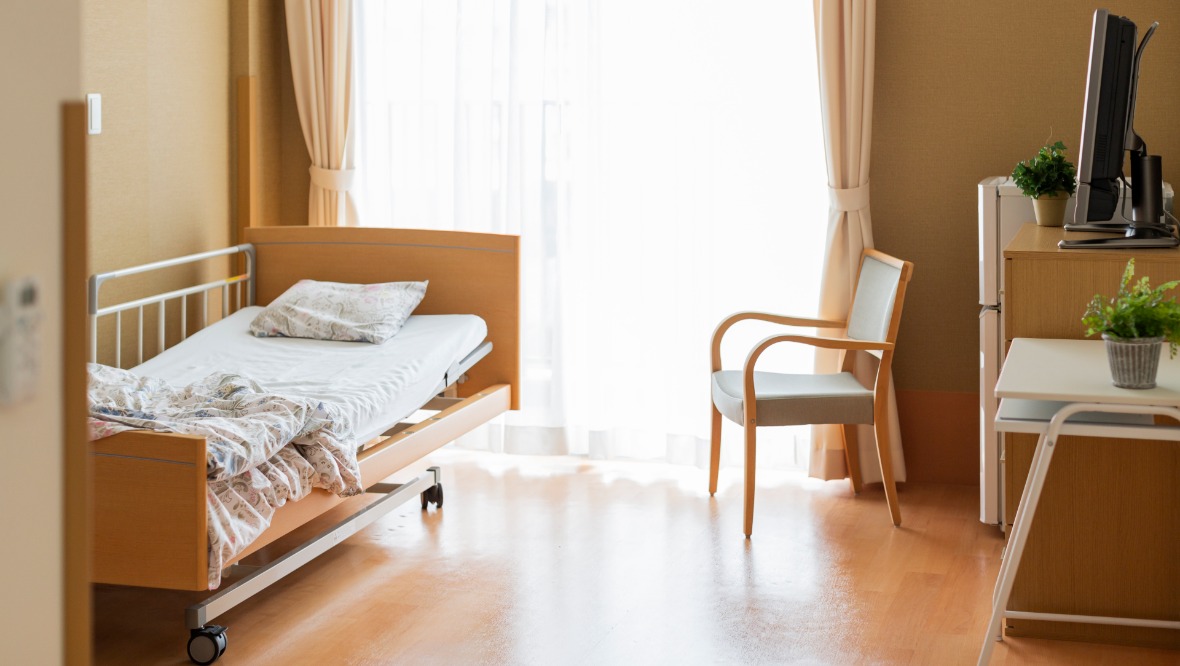 iStock
iStock

